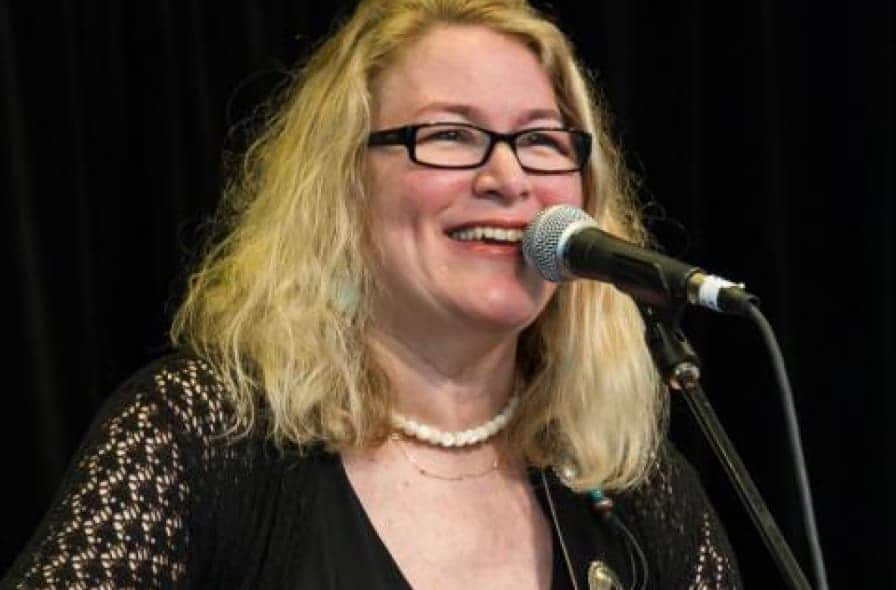Colorado Roots Music Camp
Camp I
May 31 – June 6, 2026
Arrival: 4:00pm Sunday
Departure: 9:00am Saturday
Colorado Roots Music
Camp I
May 31 – June 6, 2026
Arrival: 4:00–5:00pm Sunday
Departure: 9:00am Saturday
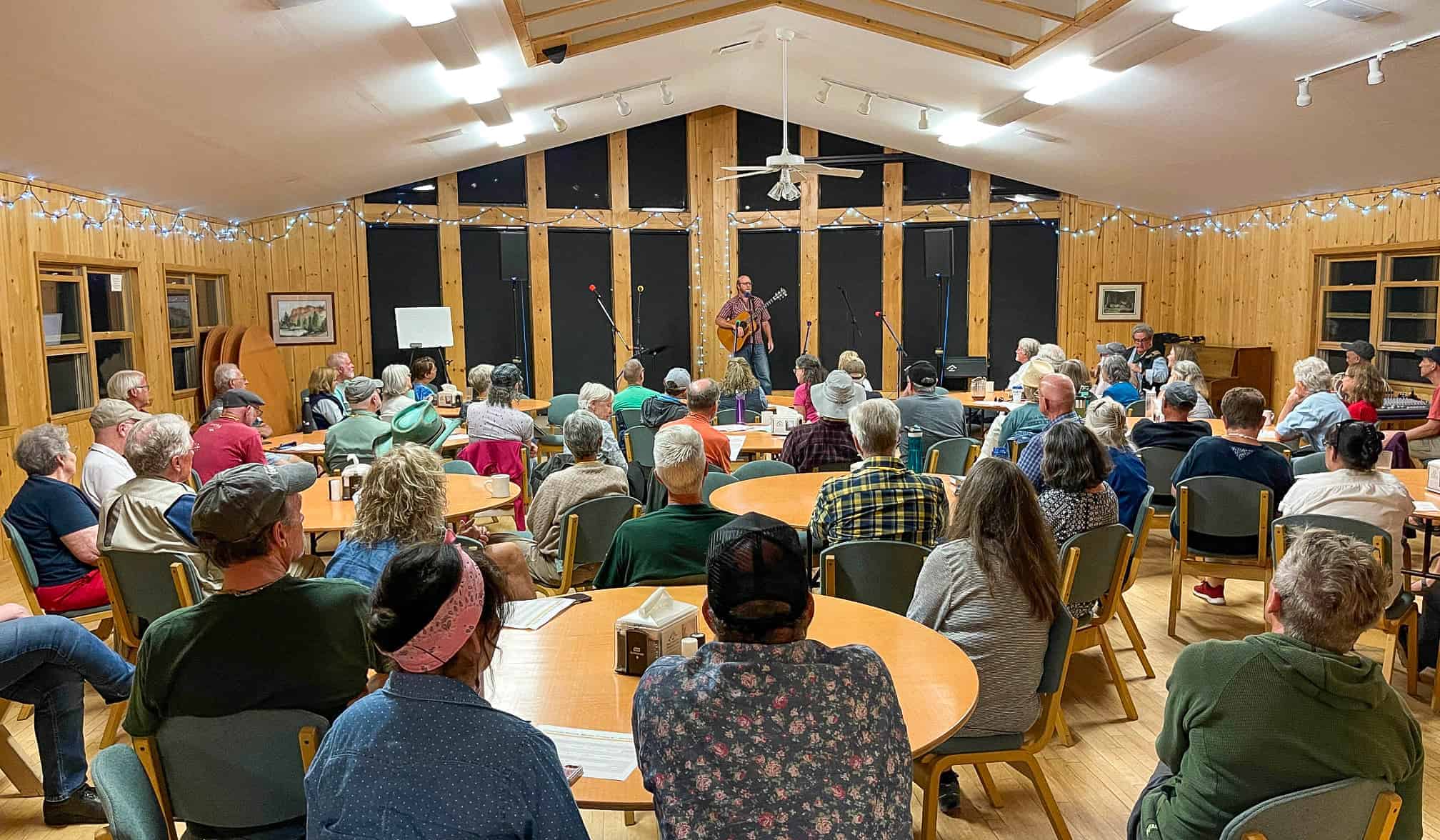
Activities
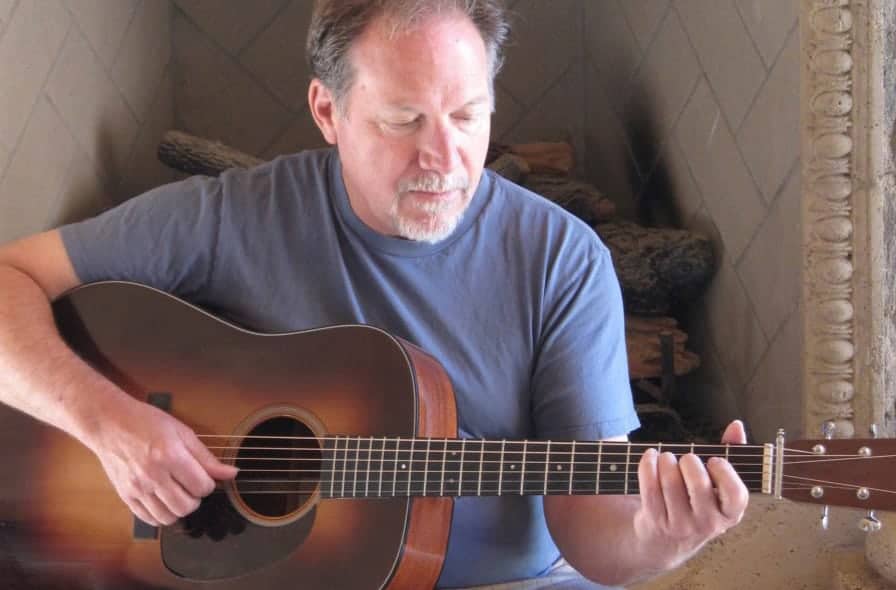
Daily Instrument Classes
taught by professionals
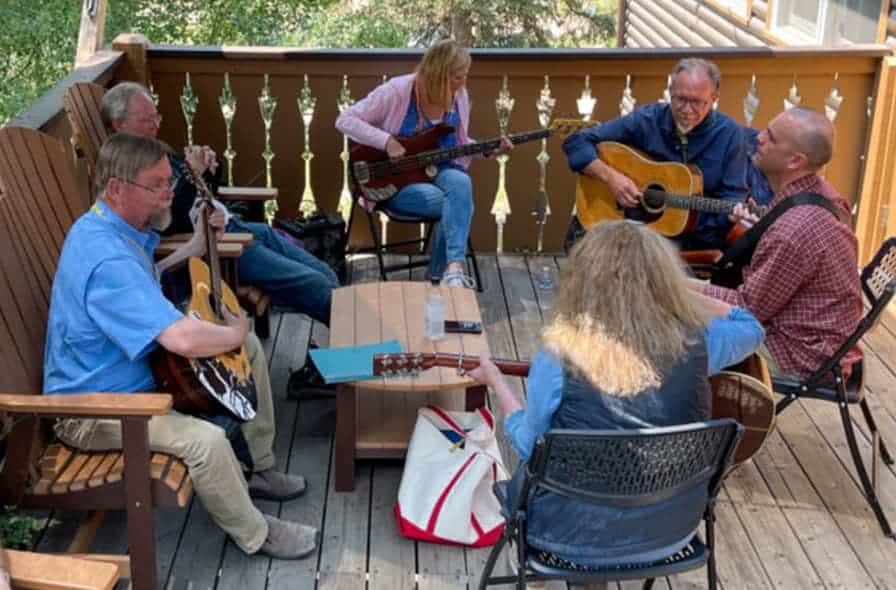
Daily Jams & Music Circles
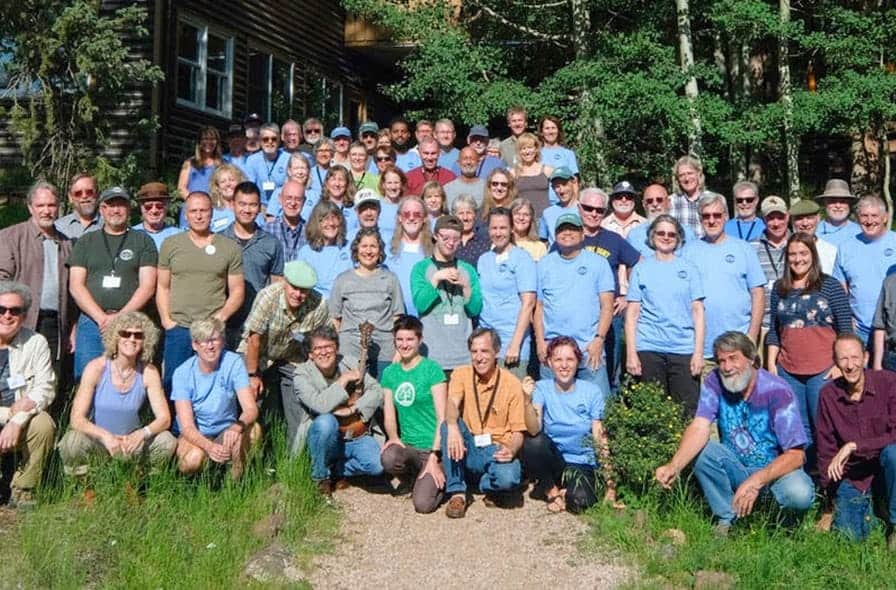
Band Scramble
Daily Class Schedule
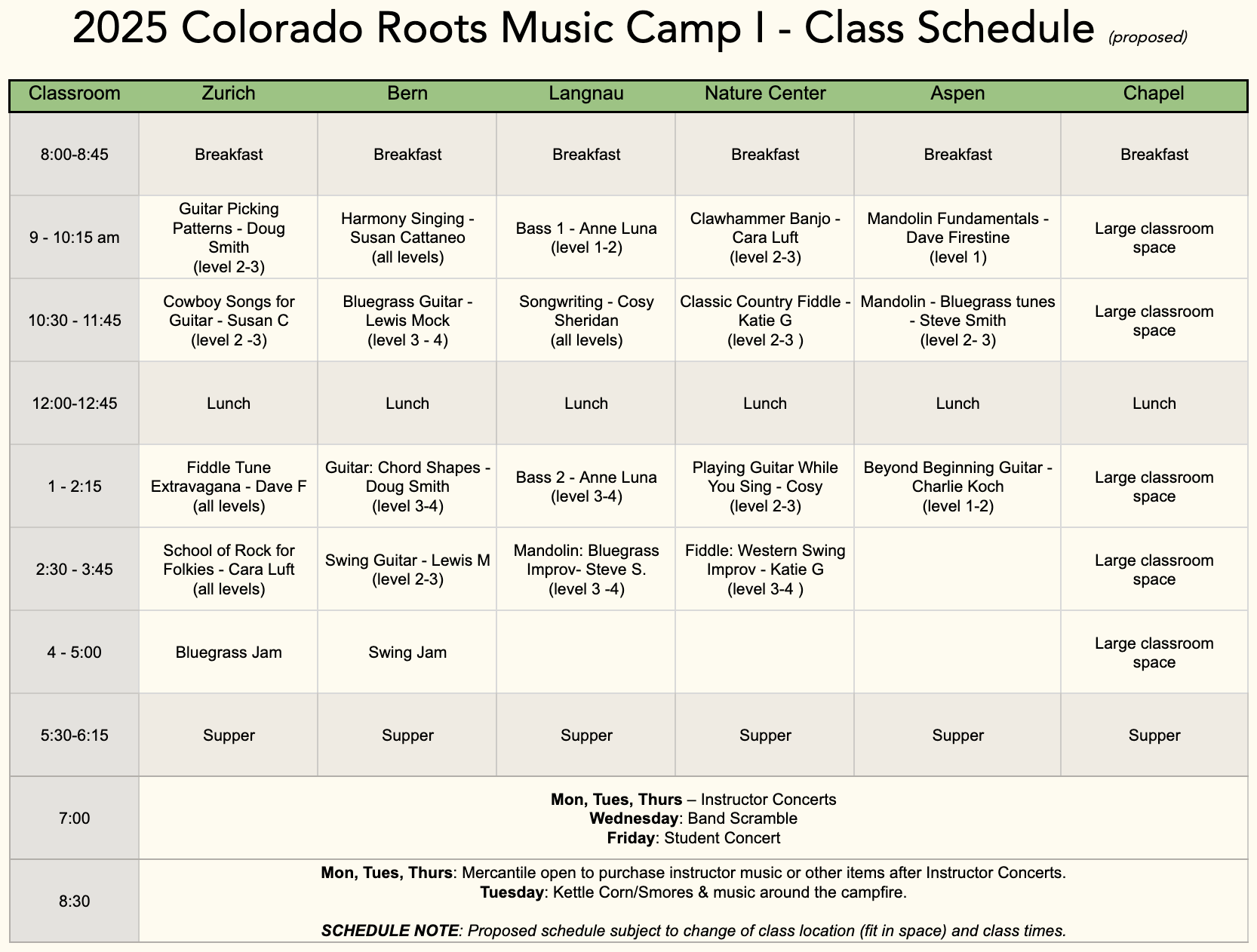
2025 Instructors & Class Offerings
Susan Cattaneo
You and Me and Harmony! (All)
Explore your vocal potential and try some harmony too! This class will explore basic music theory and ear training to get you singing. We’ll explore vocal control and range as well as experiment with harmony singing in one, two and three parts. All levels welcome!
Cowboy Songs – The Best of the West (Level 2-3)
Calling all cowpokes! This workshop explores the magic behind some of the most classic and unforgettable cowboy songs. We’ll try some new songs, explore the basics of the Nashville number system and work and play these familiar hits. Great songs don’t have to be complicated, and this hands-on class will show you the beauty behind three chords and the truth!
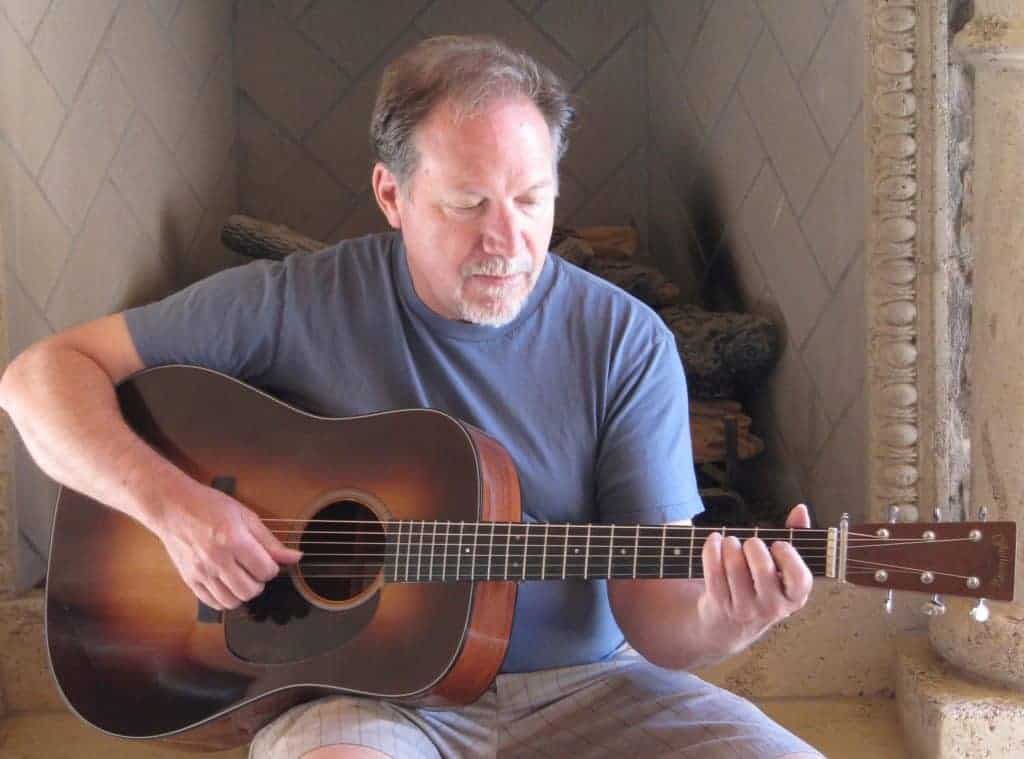
John Corzine
“Man on the porch”: Jam’s and More (All Levels)
“The Man on the Porch (or Woman) is a unique feature at Colorado Roots Music Camp. This position is dedicated to jamming with campers, playing along with their songs and even teaching them a new tune. John Corzine will be available to jam with all students during all class times throughout the days of camp. John can both lead a song, or a jam, or follow a camper who leads a tune. With years of experience in bands and as a solo, John brings a wealth of repertoire and years of licks.
Dave Firestine
Mandolin FUNdamentals (Level 1)
This course is designed for the beginning mandolin player. No experience required. However, if you are a more advance player and want to review some fundamental techniques, this is the perfect opportunity. We will begin with stretching, breathing, relaxing, and remembering to have fun! I will check your mandos for correct setup, strap setup, holding the mando and the pick. We will spend time playing with the proper pick direction, giving you the secrets to playing smoothly and at speed. We will learn some easy tunes, practicing the techniques described above. Join us for some fun, no shoes required.
Fiddle Tune Extravaganza All Instruments (All Levels)
Do you need some new cool tunes? There are classic tunes that many of us know; we are now ready to add some new material to our repertoire. In this class we will explore tunes in the jamming world, some old and some relatively new. You can learn the melodies, or chords, or both (you will get extra credit for both). All normal instruments are welcome. Please let me know ahead of time if you plan to bring a Tuba or Theremin.
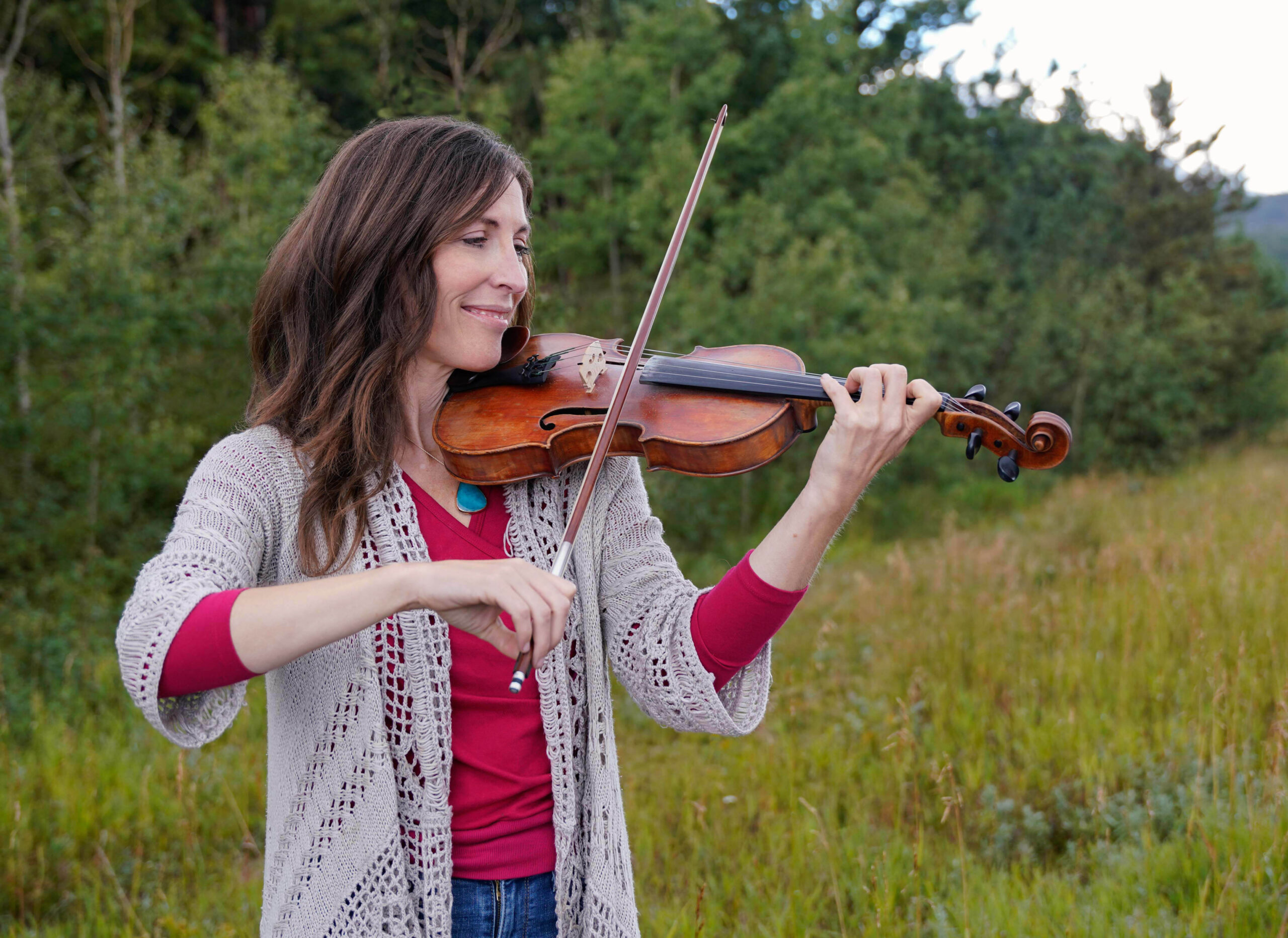
Katie Glassman
Classic Country Fiddle (Level 2-3)
Great Texas-style fiddlers like Bob Wills grew up playing foot-stomping breakdowns and fiddle tunes for contests and square dances, then brought their fiddles to the bandstand to join the band on classic country weepers and cowboy songs. In this class, we’ll focus on playing fiddle on those early country favorites by Hank Williams, Loretta Lynn, and the Sons of the Pioneers. Then we’ll two-step over to some Ray Price country shuffles with tasty melodic embellishments and longbow style. Expand your jam repertoire, improve your fiddle skills, and kick up your heels.
Western Swing Improvisation (Level 3-4)
Western Swing music found its roots in country, breakdown fiddling, and jazz. The combination of these regional styles formed a unique string-based, big-band sound in the 40s and 50s, centered around the seminal Western Swing band, Bob Wills and his Texas Playboys. We’ll learn several twin fiddle tunes to capture the styling that gets us to the bowings and embellishments of the bands of that era, vital to capturing their authentic sound. After learning the melody and twin fiddle parts, we’ll delve into my 5 key ingredients to improvising a Western Swing solo. Practicing each “ingredient” with creativity and using guided repetition to solidify your skills, you’ll become a Western Swing improviser in no time!
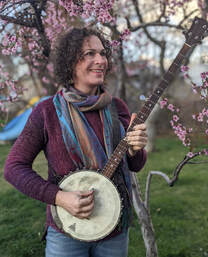
Mandy Danzig
Beginning to intermediate Ukulele (Level 1-2)
This class is a warm supportive home for first time players as well as folks who’ve already got the basics but want something a little more. Over the course of the week we’ll arm beginners with the skills to enjoy a lifetime of strumming their favorite tunes while at the same time giving intermediate players the skills to spice up their three chords and the truth with new chord positions and arrangement ideas. We’ll have plenty of music available but feel free to bring along any songs you are hoping to learn to play.
Beginning/Intermediate Old Time Banjo (1-2)
Always wanted to play old time banjo but were afraid you might frail? (It’s a banjo joke.) Bring or borrow a banjo and come learn how to build a tune clawhammer style. We’ll go over the basics of old time banjo playing, teach you the clawhammer strum, initiate you into the arcane secrets of old time banjo tunings, teach you to play a few tunes, and get you enough skills to back yourself or a friend up on a song or two or join a local jam. The class is a warm supportive home appropriate for beginners and will also provide intermediate players with some room to grow. Guitar players and Scruggs style pickers are welcome to join. The right hand technique is like nothing you’ve done before. It’ll put a grin on your face and drive away the kind of folks you don’t really want to know.
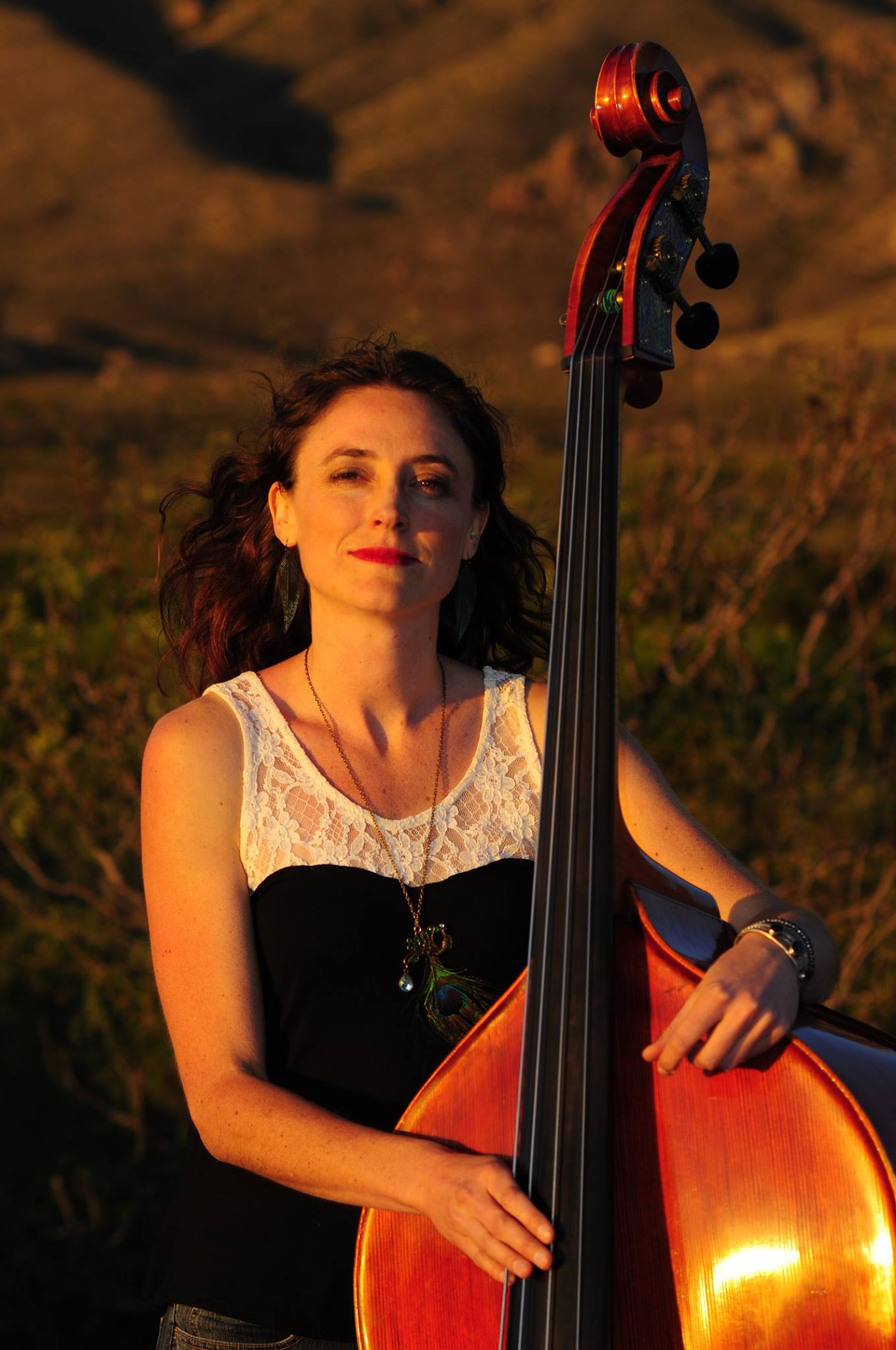
Anne Luna
Bass Class 1 (Level 1-2)
Let’s get the basics down and get to playing! This class is for you if you’ve never played bass or if you have played some but still want to improve your intonation, articulation, and confidence. We will look at basic ergonomics for ease and longevity of playing (and a happier body!), gaining a better understanding of the fingerboard, basic shapes and patterns that apply to most songs, and even basic walking lines. We’ll look at jam survival (and “thrival!”), hearing chord changes, and some ideas of what to play in folk, bluegrass, country, swing and pop tunes.
Bass Class 2 (Level 3-4)
Ok, so you have the basics down, and maybe are even out gigging, but you want to add something to your bass lines and go beyond the root and fifth. This class is for you! We will dive into more transitions between chords, variations on walking lines, rhythmic tools such as ghost notes, soloing and ideas of what to play on less traditional tunes (i.e. original tunes and songs in which root-five doesn’t work as well). As always, we will emphasize healthy ergonomics for ease of playing.
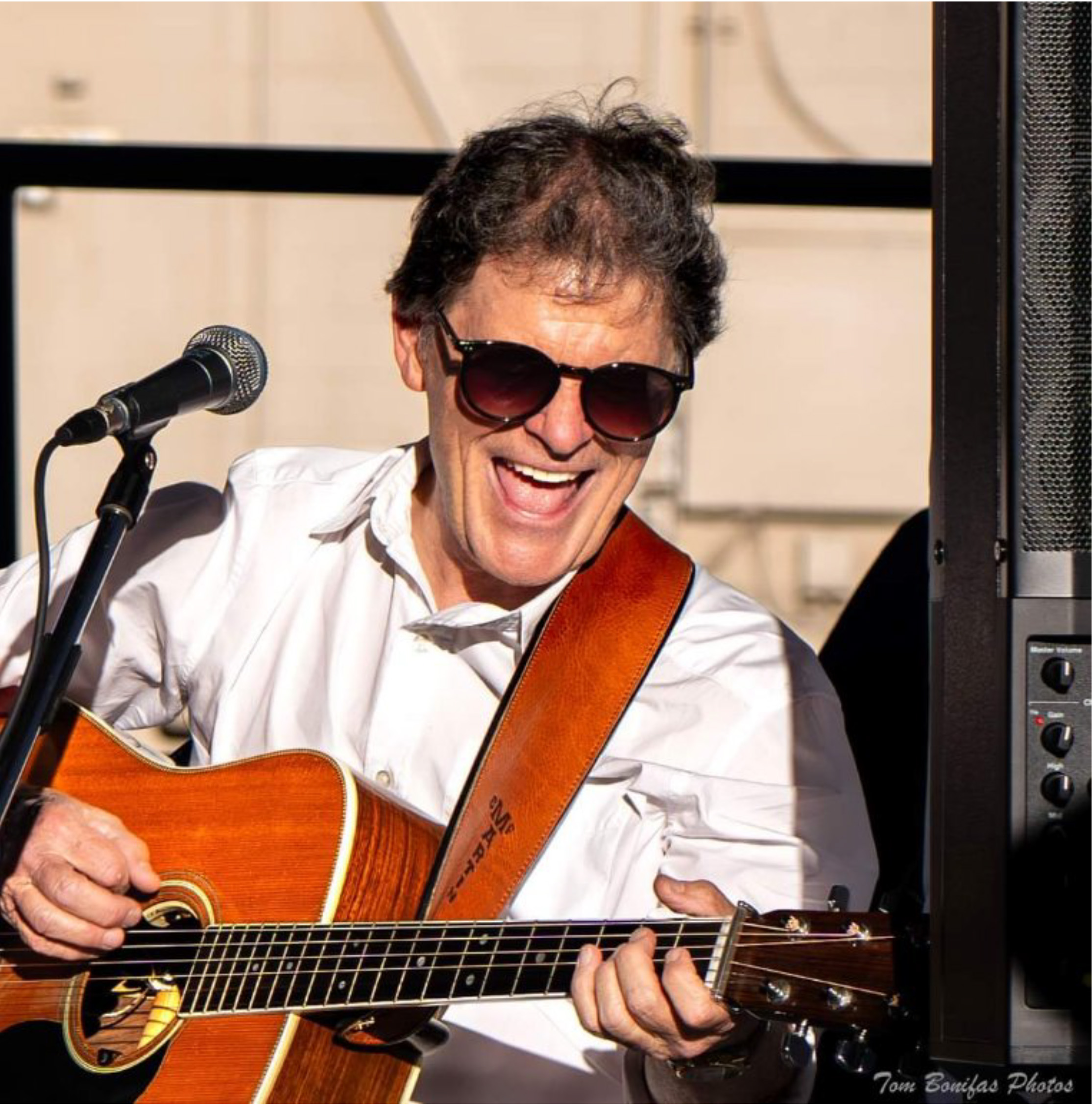
Lewis Mock
Bluegrass Guitar (Level 3-4)
Powerful and exciting, from bass runs to big chords, bluesy licks to fiddle tunes, bluegrass guitar has its own unique sound and vocabulary. We will be discussing all of these topics and working on taking your playing to the next level. Bring your guitar, a fairly stiff flat-pick and an open mind, ready to take it all in!
Swing Guitar, Chords and Licks (Level 2-3)
From Bob Wills style Texas Swing to Benny Goodman swing jazz. We will cover some topics to get you thinking and playing in these styles. Cool chords and progressions with some great, fun riffs to get that unmistakable sound and feel. Bring your guitar and a fairly stiff flat-pick and you’re ready to go, man, go!!
Cosy Sheridan
Songwriting: Starting with the Story (All Levels)
How do we find the story inside us? How do we gently blow on a little flame of one or two lines and make it into a song? We will be using prompts and free writes, as well as guided imagination. Then once we’ve found our story, we will look at how we can build music that is a vehicle for the engine of story. We don’t have to know a lot of complicated music theory to do this. We’ll look at interesting chords and melodies used by songwriters to make their songs, and then we will apply them to our own writing.
Playing Guitar While You Sing (Level 2-3)
We can build our guitar skills while learning some of my favorite songs by singer-songwriters. We will use skills that look at both the right and the left hand. We will learn songs that have interesting chord progressions and melodies, descending bass lines and sometimes a simple riff. Songs to sing when you’re alone in your room, or at the next song circle. We learn both right hand and left hand with each song. Songs by Antje Duvekot, John Gorka, John Mayer and more.
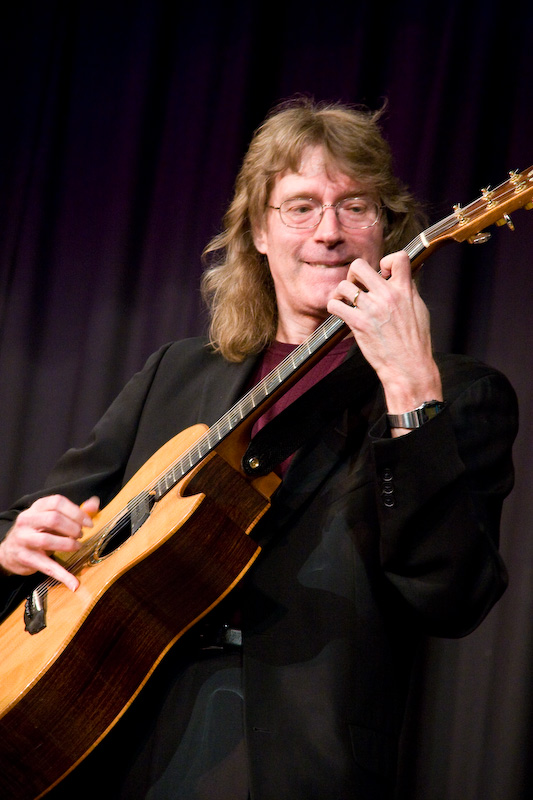
Doug Smith
Fingerstyle Guitar: Positively Popular Picking Patterns (Level 2-3)
Here we’ll take a look at a few popular picking patterns that have launched a zillion songs, including The Alternating-Thumb, or Travis Pick, and the 3+3+2 pick, used by Jim Croce, Gordon Lightfoot and many Hawaiian Slack Key players.
playing.
Fingerstyle Guitar: The Many Ways of Chord Shapes (Level 3-4)
Can you fingerpick a C chord? Try sliding it up the neck to the 6th position to play a beautiful sounding Fadd9 chord. We’ll explore different sounds using mostly recognizable shapes that can add color to your playing. Ability to read tablature will be helpful. (PS: Not sure what the 6th position is? We’ll discuss that, too!
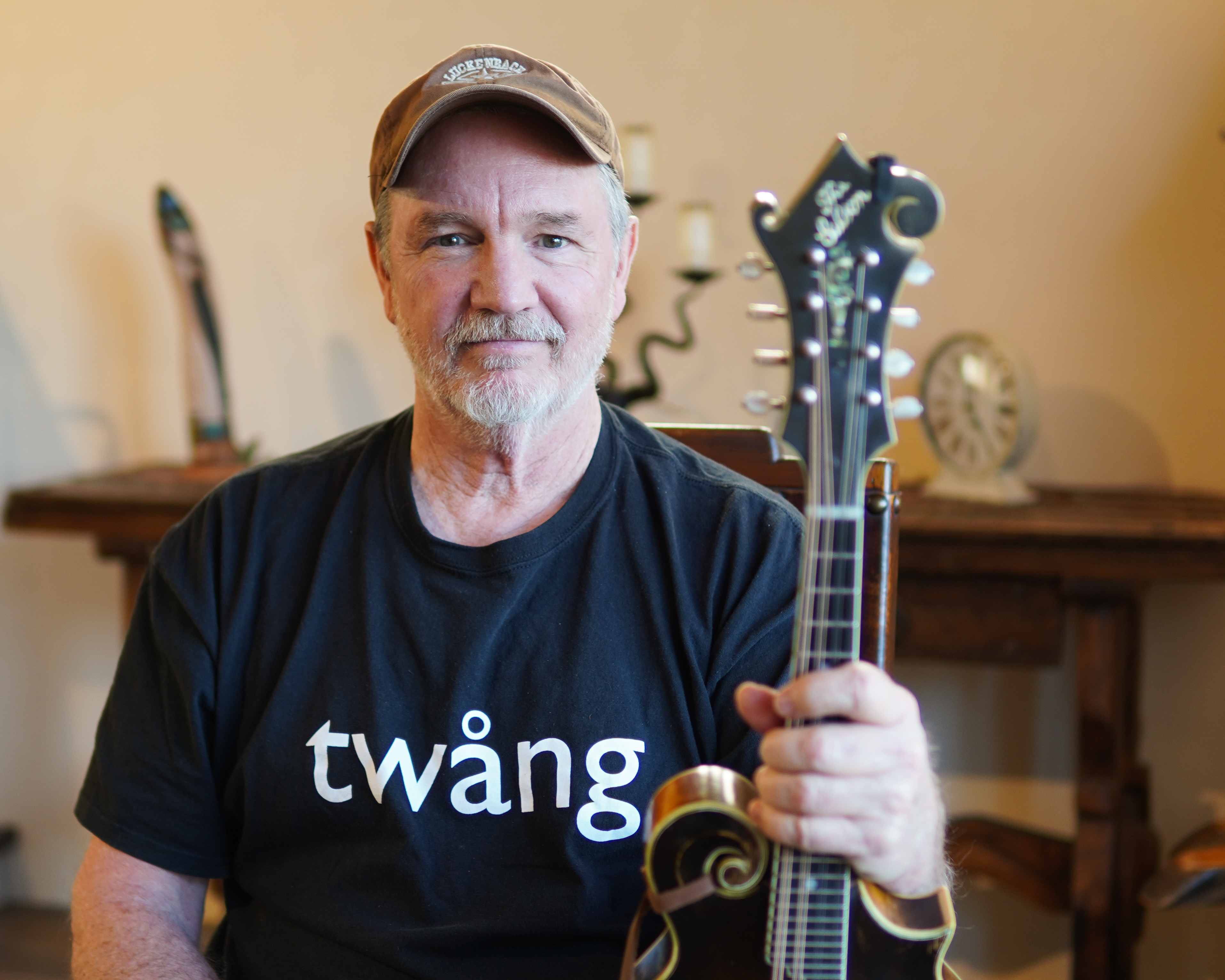
Steve Smith
Mandolin: Five days Five Essential Bluegrass tunes for jams (Level 2-3)
We’ll learn a must know tune a day from early to modern Bluegrass that draws from the mandolin, fiddle and vocal tune world. Having a few standards in your back pocket to go to can help build confidence in a jam or group setting. Nothing crazy hard just the basic melodies. Within these tunes we’ll break down the technique needed for the tunes and try to explore possibilities for modulation based off of the chord tones. Handouts included but we will work a lot with the ears
Mandolin: Bluegrass improv and backup and fills. (Level 3-4)
How can you make your playing more exciting and challenging in a jam or group setting? By developing more improvisation and backup skills of course. We will use chord tones, scales, song fragments and arpeggios to develop and create patterns over familiar songs so we can quickly become familiar with as starting points to launch into solos and fills. It’s a fun and exciting way to create some Ah-Ha! moments in your playing and can help clear away some of the mystery behind soloing and backup. Handout available and lots of ear work too.
Solid groove and developing a chord vocabulary
Assistant to the Director
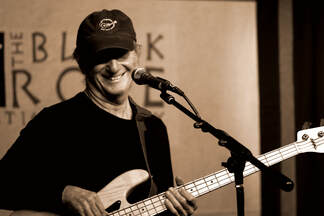
Charlie Koch
Beyond Beginning Guitar (Level 1)
Have you been playing the guitar for awhile, but you can’t seem to get ready for a level two class? You have some of the chords under your fingers, but you can’t change them in time. Or maybe you are confused about the difference between a major chord or a minor chord, or really what is a chord to start with? What is the difference between an E chord and an E7 chord, or an A chord and an A7, and what about minor seven chord? I will bring a number of two, three, and four chord songs for us to play together and sing together.
Jam Classes & Informal
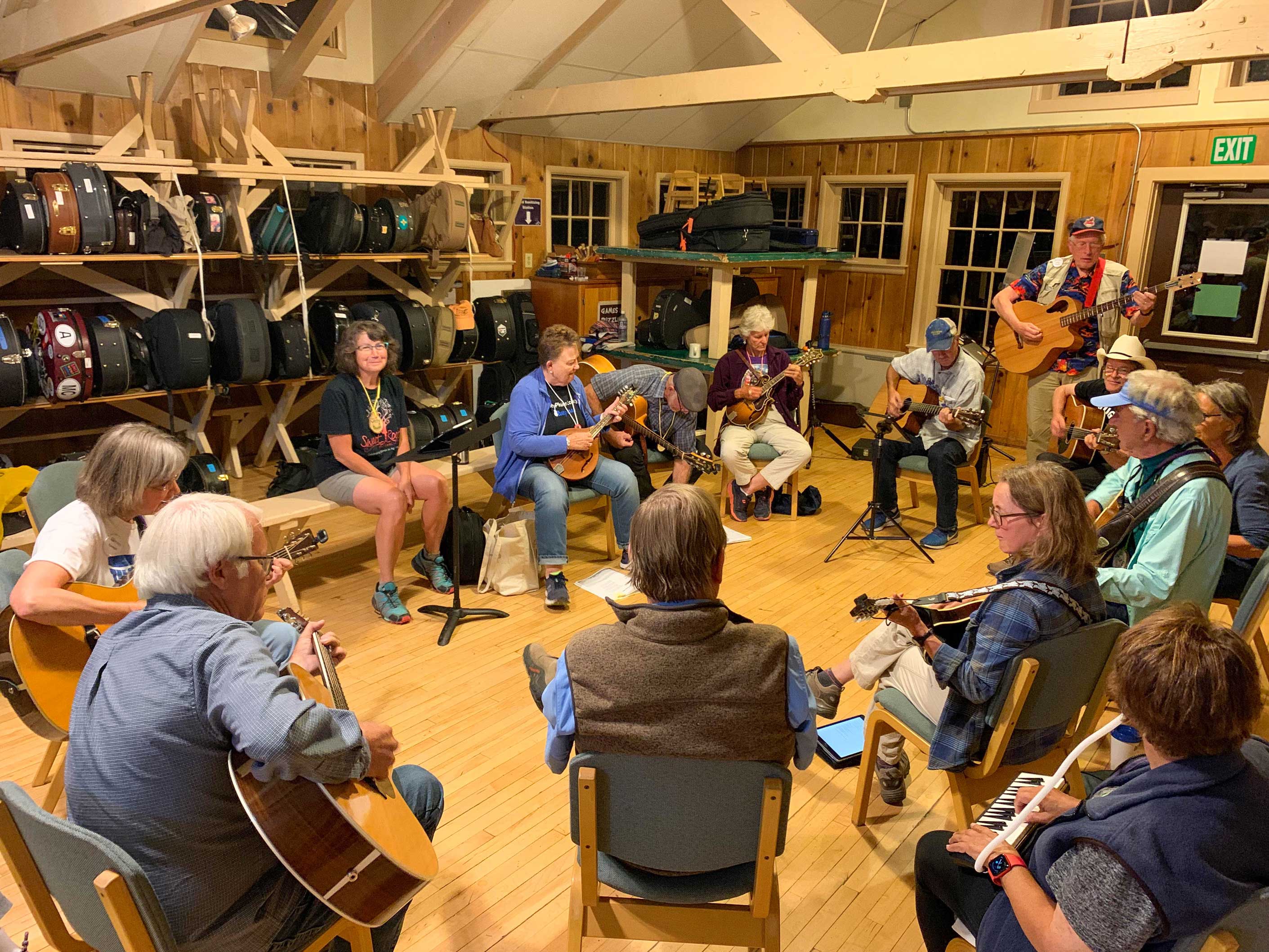
There will be jam classes and a lot of spontaneous jamming during the camp, so join in as they are big fun. If you’re a newbie and experiencing the (unfounded) “Jam Fear” that everyone does, don’t be intimidated. Everyone experiences Jam Fear when they start, if they have any sense. At first it may be a little scary, but it’ll soon turn into a lot of fun. Some reasons you might hesitate:
- “They’re going to hear me mess up.” No, they’re all busy trying to do their own thing. Very rarely in the average jam does anyone even hear the stuff you’re doing, since they’re worried about their own.
- “I’ll make mistakes.” Yes, you will, as everyone does, and if you’re not beating the daylights out of your instrument, you’re the only one who will hear them.
- “I’ll be put on the spot.” No, in a jam, you can always choose to hang back. If anyone calls on you to take a solo, a shake of your head is a perfectly legitimate response.
- “I can’t keep up.” Maybe so, maybe not. If you can’t, you can still play the chords or notes that sound OK to you as the music passes by.
The fact is that just like that cold water, it’s sometimes a bit scary to jump in the first time, but once you’re used to it, you’re telling everyone that they should jump in; what a bunch of weenies! Please, give the jams a try which may include: Swing Jams, Slow Jams, Bluegrass Jams, Acapella Jams, Honkey Tonk Jams or Old Time Jams.
Registration Fees
Online registration opens one year prior to the retreat.
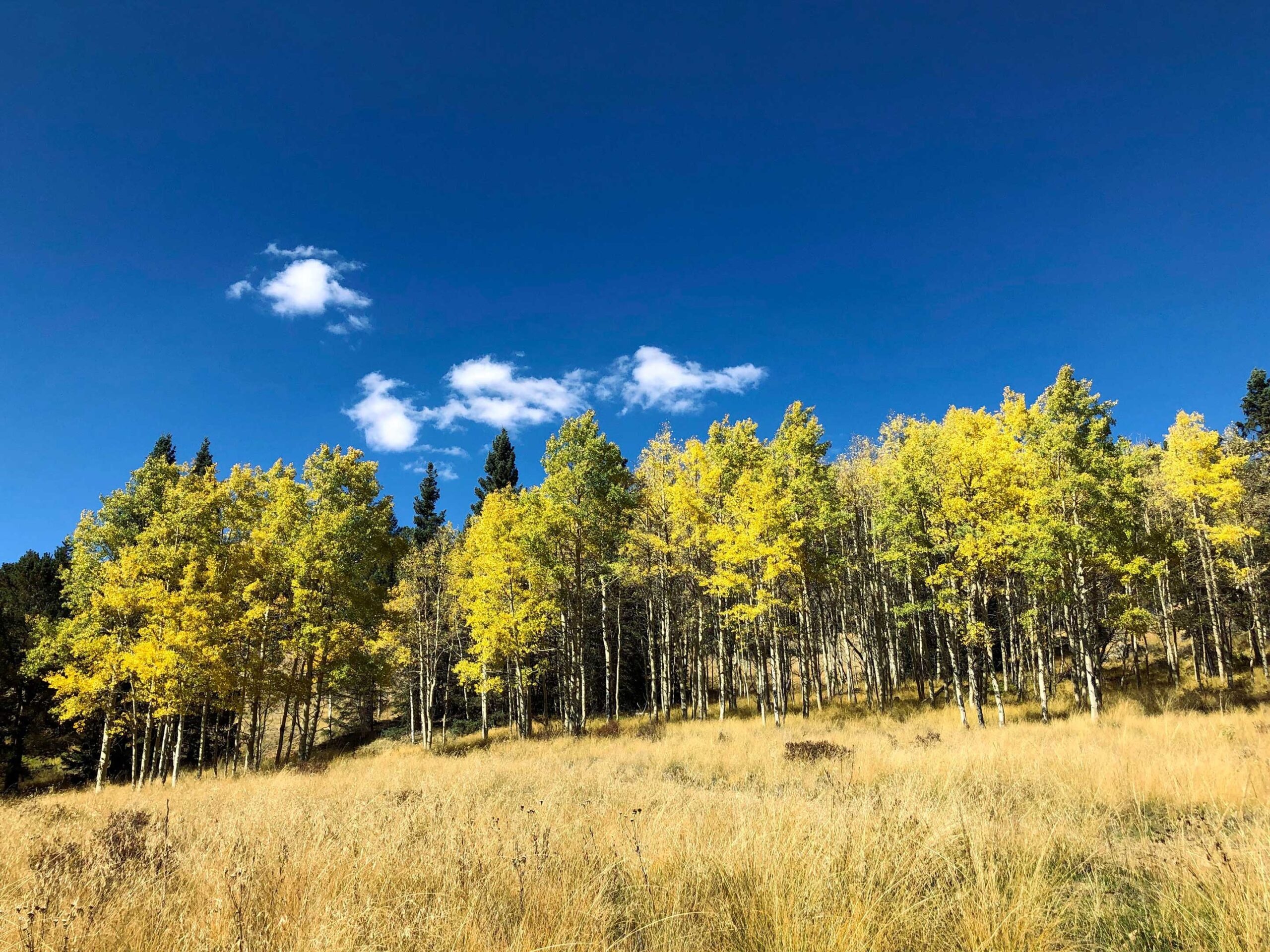
Camp Staff
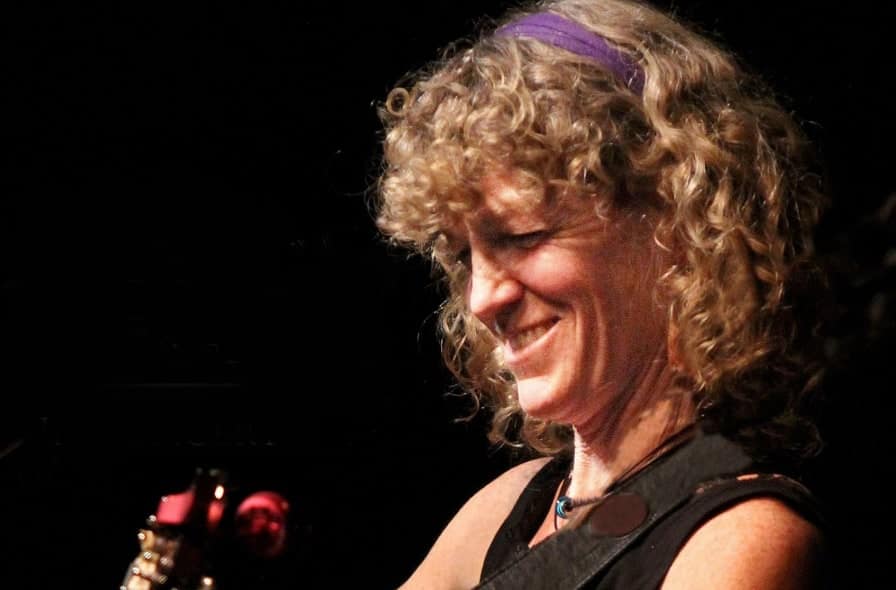
Cosy Sheridan, Co-Director
Cosy Sheridan has been called “one of the era’s finest and most thoughtful singer-songwriters.” She first caught the attention of national folk audiences in 1992 when she won both the Kerrville Folk Festival’s NewFolk Award and The Telluride Bluegrass Festival Troubadour Contest, then released her critically-acclaimed debut CD Quietly Led on Waterbug Records. She has released nine CDs, her music is featured in the Robert Fulghum multi-media novel The Third Wish and she tours consistently throughout the US. Her concerts are wide-ranging explorations of modern mythology (meet Hades the Biker), love songs for adults, contemporary philosophy for the thoughtfully-minded and her signature parody on aging and women. Throughout this journey, her lyrical dexterity is backed by her distinctive, percussive bluesy-gospel guitar style. A guitar student of instrumental luminaries such as Guy Van Duser and Eric Schoenberg and a voice student at The Berklee School of Music, she brings a depth of experience to her craft. For the past 18 years, she has taught classes in songwriting, performance and guitar at workshops and adult music camps across the country including The Puget Sound Guitar Workshop and The Swannanoa Gathering. In 2008 she co-founded The Moab Folk Camp.
Dave Firestine, Co-Director
Dave pulls out the “take no prisoners” style of playing at every dance – bringing the tunes to their full potential and beyond. He is a tune-meister and music jams are super fun when he is in the driver’s seat.
Originally a drummer, his strong sense of rhythm and syncopation is the foundation of his playing and tune writing, and truthfully he is never happier than when he gets to pull out the laptop drum kit to back swing and honky tonk tunes. Don’t worry, he can access his sensitive side when playing waltzes and beautiful melodies.
Dave is a music vagrant retiree now, but before that, he was Senior Gyzmologist building lightning detection systems. He is currently playing with the dance bands STEAM! (www.dancetosteam.com) and The Privy Tippers.
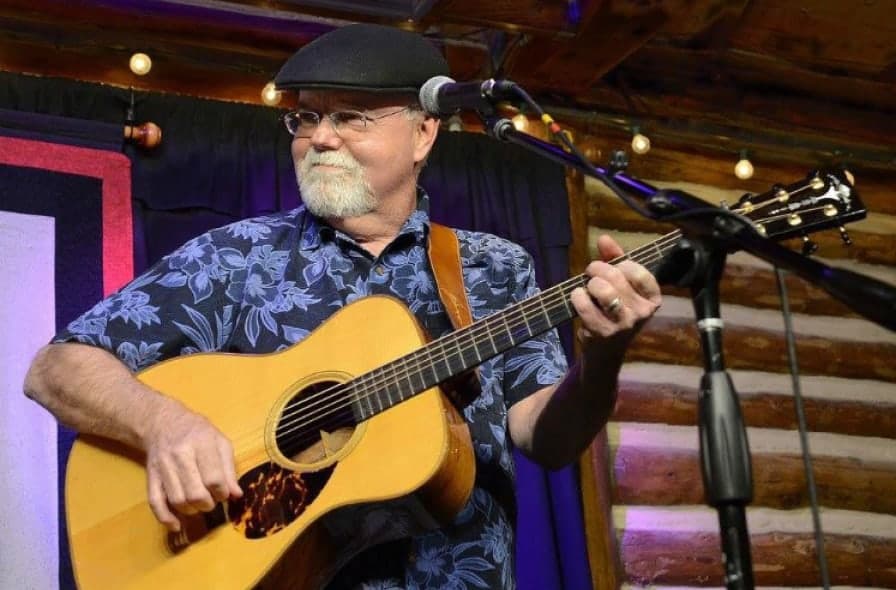
Charlie Hall, Founder
After earning a bachelor’s degree in Music Education with emphasis in French horn, Charlie Hall started out as a member of the 6th US Army Band in San Francisco. When real life reared its ugly head, he found he needed a day job, which he found in computers from 1983 to 2003. From 2003 to his retirement in 2017, he was a full-time guitar, mandolin and bass teacher. He’s taught high school band as well as classes in beginning guitar, fingerpicking, bluegrass guitar, music theory and jamming. Charlie was a founder and driving force of the Black Rose Acoustic Society in Colorado Springs, a favorite destination for roots musicians and roots music fans. He performed for ten years with the popular folk/bluegrass band Black Rose, was a finalist in the 2000 National Fingerpicking Championship and was nominated Bluegrass Guitarist of the Year in 1996 by the Colorado Bluegrass Music Society. With his wife Marianne Danehy, Charlie was creator & co-director of the Colorado Roots Music Camp from 2006-2017. He and Marianne are thrilled to hand off management of the Roots Camp to the folks at the Rocky Mountain Mennonite Camp as well as Cosy Sheridan and Raul Reynoso.
December 11, 2018, we said goodby to Charlie who passed away after a valiant battle with brain cancer. He leaves behind a large legacy of music and education and those who knew him are better for it. May we all carry on his legacy of life, love and life-long music!
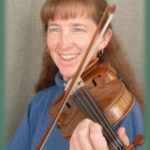
Marianne Danehy, Founder
Marianne Danehy discovered “her people” around 2002; that is, those who played roots music. From 2005 to 2014, she taught violin and fiddling in Colorado Springs, and is a registered instructor with the Suzuki Association of the Americas. Undaunted by two degrees and a former life in Mechanical Engineering and Mathematics, she’s the mother of two nearly-grown kids, William and Anna. Marianne is an excellent teacher and an expert at getting folks started both on violin and fiddle styles. From 2006-2017, along with her husband Charlie Hall, she was co-director of the Colorado Roots Music Camp.
Alumni Staff
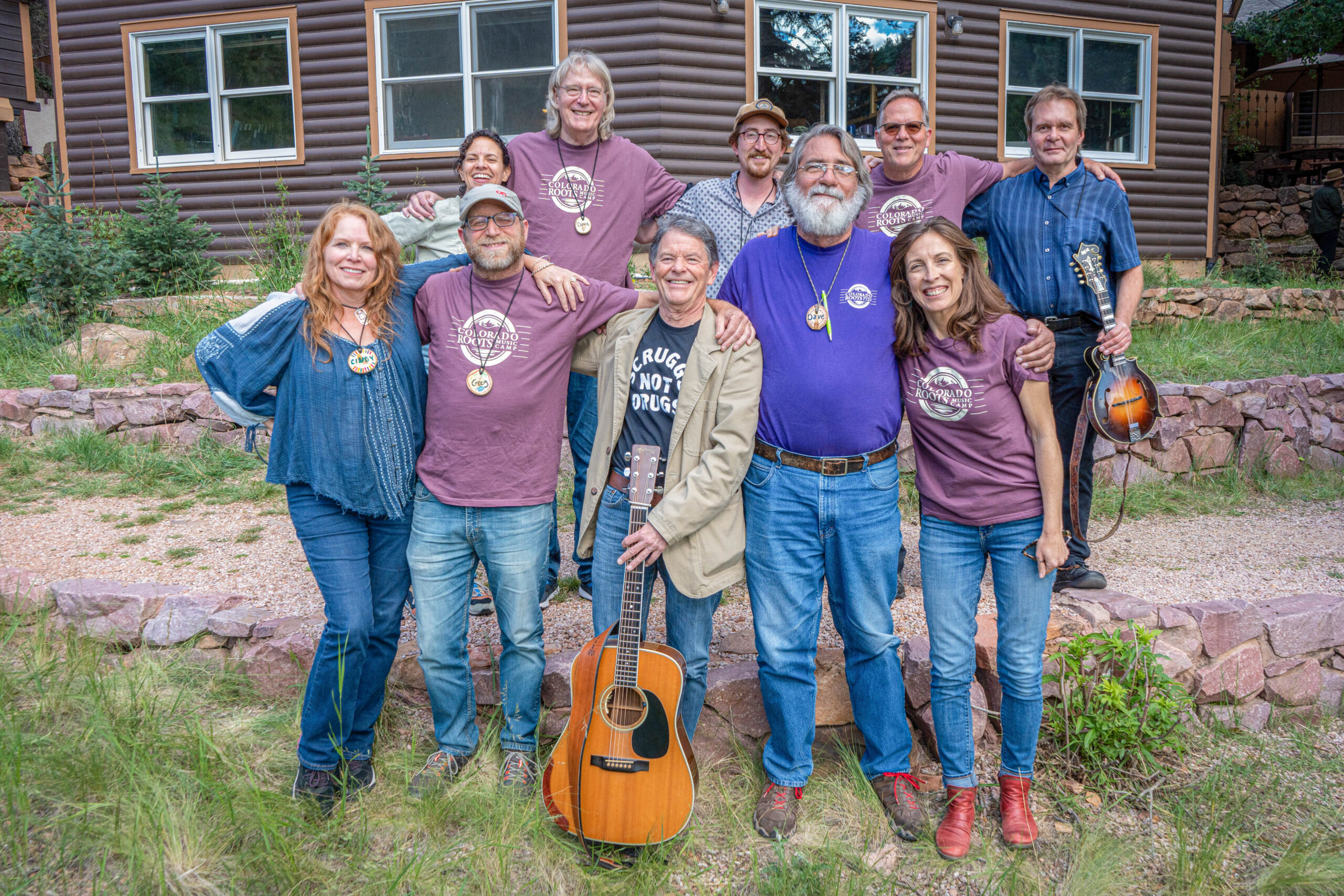
Colorado Roots Music Camp has enjoyed wonderful and talented instructors over the years since its beginnings in 2006. Our thanks to them for thier part of the rich legacy and music community created each week.
Frequently Asked Questions
Where can I learn more about my stay at RMMC (i.e. accommodations, altitude, creation care).
Please visit the “Reservation Guide” page of the Rocky Mountain website for “YOUR STAY WITH US”, “MOUNTAIN LIVING” & “CREATION CARE” information.
What foodservice is offered? Can you accommodate dietary restrictions?
Camp is pleased to offer a great selection of food choices (View Food Service) which include a main dish option, vegetarian option, salad (lunch & supper), and dessert (lunch & supper) Cold beverages (water, orange, apple, grape, crabapple) and hot beverages (coffee, tea, hot chocolate) are also provided.
As much as possible, the camp will accommodate dietary restrictions. An option will be given to list all of your dietary restrictions during registration. We cannot accommodate dietary preferences.
RMMC is not a peanut/nut free location since we serve a variety of campers and guest groups utilizing their own kitchen facilities.
If flying in from Colorado Springs (COS) or Denver (DIA), how can I get to camp?
Transportation to camp can be done via Uber or other hired transportaition OR if someone you already know is coming can offer you a ride. Frequently, after a week of good music and fellowship, folks have found a ride to Colorado Springs or Denver from people already heading that way.
If flying, it’s hard to beat the Colorado Springs airport (COS) as the closest airport to camp. Of course, ticket prices are what they are and you might find a better rate into Denver International Airport (DIA). Groome Transportation offers shuttle service between Denver and Colorado Springs for around $55 each way).
Can visitors be invited to Roots Music Camp during my stay?
Only campers and their paid companions are permitted during the camp session. However, guest tickets (5 or so) are available on a first come/first serve basis for someone you’ld like to bring to an evening concert ($15/person). Be a good friend to Roots Music by inquiring about availability with the Roots office staff the day BEFORE your visitor might come.
What is the Charlie Hall Scholarship Fund?
As the founder of Colorado Roots Music Camp, Charlie Hall was a trail blazer in bringing quality music instruction to the Pikes Peak region. In pursuit of this, he also gathered informal scholarship money to support younger students who were unable to financially afford attendance at Roots. In recognition of this forward thinking approach to growing young musicians, the Charlie Hall Scholarship Fund was officially launched at the end of the June 2018 camp. Rocky Mountain Mennonite Camp (RMMC), which has been home to Roots since its beginning in 2006, has taken the opportunity to continue Charlie’s outreach by formalizing the scholarship. As a 501(c)3, RMMC is able to offer a charitable receipt for contributions to the scholarship fund. GO DONORS!
- How to give: Donors can support the next generation of musicians by writing a check to Roots Music Camp earmarked “Charlie Hall Scholarship Fund” and sending to: Roots Music Camp, 709 County Rd 62, Divide CO, 80814. Donations accepted by credit card as well by calling the camp office (719-687-9506).
- Who my apply: College age and younger (age 25), preference to first time campers.
- How to apply: Contact the Colorado Roots Camp Office by email at ([email protected]) for application details.
- Scholarship amount: Full Registration for Chalet, Rustic Cabin or Campground accommodations. Commuters too!
- Number of scholarships: As funds allow for student interest, our goal is for 1-2 scholarships per camp session. Unfortunately, if there are no donors, there is no scholarship. Again, GO DONORS!
- Awarded Scholarships: Scholarship applications will be reviewed and awarded by the Colorado Roots Music Camp Leadership Team.
What should I NOT bring to camp?
- Pets of all sizes (Note: if you have a disability, please contact camp about your service animal)
- Firearms
- Alcohol
- Tobacco
- Illicit drugs
- Marijuana
- Dirt bikes
- Firework
- Four Wheelers
- Drones
Do you have to be Mennonite to attend camp?
While teachings during the retreat are Bible-based and from a Mennonite perspective, campers of all faiths are respected and welcome to attend.
